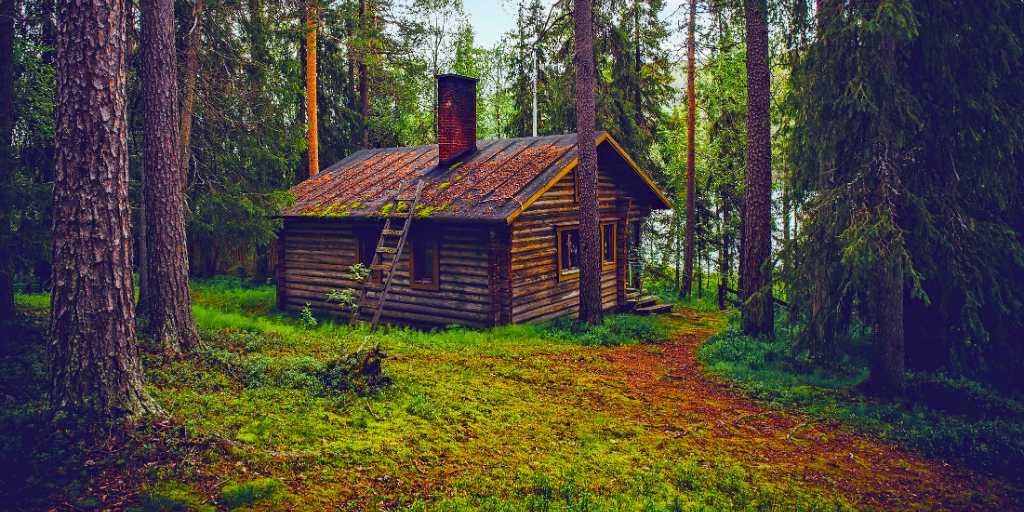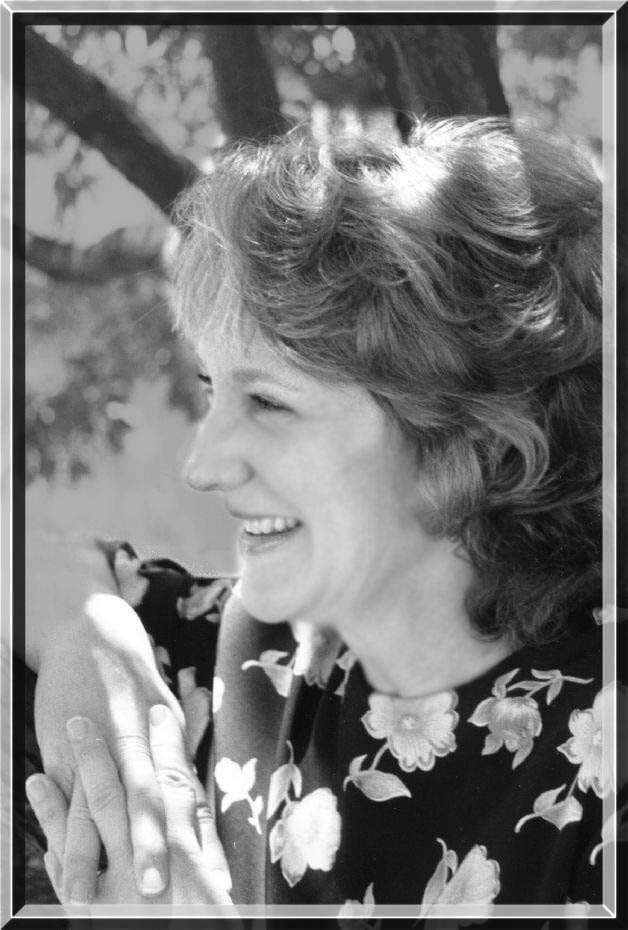
What does “country at heart” mean? Bonnie Drury found out when her family moved to northern Idaho.
It was chilly enough in August the year we moved to Porthill, Idaho, to start our first fire in the massive stone fireplace. We stood with our backs to it, enjoying the crackling warmth.
A few minutes later, through our picture window, we could see an elderly man and woman running up the road toward our place. Hurrying out onto the front porch, we saw that they were motioning breathlessly up to our roof. The woman gasped. “Your chimney’s on fire!”
They quickly put out the fire and told us how to clean the chimney before we could use it safely. They probably saved a 100-year-old log house from burning down. This was our first exposure to the community involvement of our new neighbors. In that small rural area near the Canadian border, a “neighbor” was anyone within forty miles.
Lela Morgan, down the road, phoned whenever one of our kids failed to get on the school bus. She’d ask, “What’s going on at your place? Someone sick? Can I help?”
At first, I was slightly annoyed by the lack of privacy, but in time, their good intentions made me feel loved and secure.
The bartering process
This interest in neighbors’ affairs quite naturally leads to bartering for goods or talents. “My pole beans for your zucchini,” or “You repair the baler and I’ll grind your grain.” Almost everything had some value for trading purposes.
The Bakers, from across the road, would purchase pink, squealing weaner pigs and bawling baby calves for us to raise in our weathered, gray barn. We supplied the feed and labor, and when butchering time came along with the first frost, our two households split the tender beef and pork.
Each person in the bartering process must feel he’s made good his share of the bargain. One December morning, after my husband shoveled a heavy snow off Burl and Rose’s roof, Burl arose ahead of the morning sun and milked our cow, Sunshine, before our two oldest boys had time to squirm into their heavy boots and shiver their way out to the barn.
He delivered a full, gleaming bucket of warm, creamy milk to our back door. When we protested his early rising, he said, “Us old-timers don’t need much sleep.”

Country social life
Even country social life is enjoyed at a different pace. Our social life was very limited during our seven years in the country. When it’s haying or gardening season, no one expects to say more than a “howdy” to a busy neighbor. But during a long, frigid Idaho winter, our social life sometimes revolved around an intense pinochle game next to a crackling fire, or a trip to Mission Creek.
Mission Creek Store was special: a country place where the local people liked to pull up a chair and gossip with the owners, John and Marge. It was a good way to run into neighbors you hadn’t seen for a while, keep up with the price of hay, or simply laugh until your face hurt.
John pretended to be grouchy, and rarely smiled, unless he was teasing the children or reminiscing about his Nebraskan childhood. Then, his rugged, lined face glowed with memories still as poignant as a child’s tear-stained cheek.
Generosity of spirit
Marge epitomized the generosity of spirit that country folks embrace. Once, when we were propping our feet against their hot woodstove, a straggly family came in for groceries. We had heard that they were staying at “the Judge’s place,” a decaying shack where transient families often found shelter. Marge cheerfully stacked the food into bags, then handed a shiny crisp apple to the unwashed little girl who was clinging tightly to her mother’s long skirt. The man shuffled his feet when he asked Marge to “put it on their tab.”
When they had left, my husband said, “I doubt if they’ll ever be able to pay you, John.”
John shrugged and growled good-naturedly, “Can’t take it with us.”
The time finally came when we had to move back to a California city for my husband to find work. We were depressed at first by what seemed to be the coldness of our neighbors, until we realized that we, too, were holding back. After trying to practice some of the friendliness and concern showered upon us while living in the country, we have some very close “city” friends.

The generosity of spirit so prevalent in country living can be found within city limits. But first, it has to come from within ourselves. You can be country at heart, no matter where you live.
Share your thoughts with the Catholic Mom community! You'll find the comment box below the author's bio and list of recommended articles.
Copyright 2025 Bonnie Drury
Images: Canva
About the Author

Bonnie Drury
Bonnie Drury is a convert to the Catholic faith. It was a hard-fought battle, but God won. She has five sons and has been married to Dennis the Menace for a long time. She quickly learned through her job as a Child Support Officer that faith is the only answer in these troubled times. Follow Bonnie on Facebook.


.png?width=1806&height=731&name=CatholicMom_hcfm_logo1_pos_871c_2728c%20(002).png)
Comments